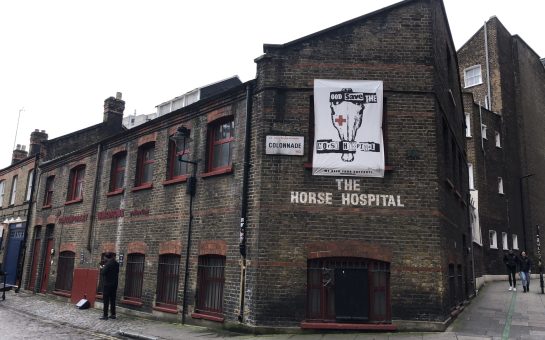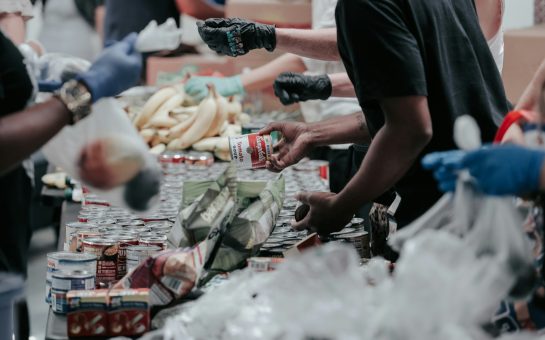A single mother from Lambeth was left with £30,000 worth of debt after losing access to Universal Credit when she became stranded in Trinidad with her one-year-old son during the pandemic.
Single parents are being forced to ‘jump through hoops’ in a rigid welfare system that ignores their unique needs as they navigate parenting alone, according to new research.
A report published on Monday by Gingerbread, a charity that campaigns against the injustices that single parents face, with support from Home-Start Lambeth, found that single parents, 90% of which are women, are significantly overrepresented in Universal Credit sanction receipts.
Crystal Lewis, 43, was issued a high-level sanction which cut her off from receiving Universal Credit when she took her son to visit family in Trinidad in February 2020.
Lewis was told that she could have 30 days out of the country, and intended to return to the UK 28 days later, but was stranded after Trinidad closed its borders.
She still received payments, such as the cold weather payment, during this time despite being out of the country.
When she queried this with her job centre coach, she was reassured that this was fine.
She said: “I came back into the country with nothing.”
Sanctions can vary significantly and are categorised into high, medium and low level.
The additional stress and time taken to challenge sanctions has a clear impact on the mental health and wellbeing of parents and children alike, this research states.
Lewis said: “My mental health is the worst it has ever been, it has been hard to hide this from my son; two years on my son is still trying to adjust.
“He knows that this is not a happy place to come home to.”
The single mother was struggling with a number of health conditions, including chronic fatigue and postpartum depression, with no access to childcare.
Citizen’s Advice found that 66% of people who were sanctioned in the last six months had caring responsibilities, compared to just 32% of everyone who received Universal Credit.
Susie Baker, CEO at Home-Start Lambeth, said: “There is a real strivers and skivers rhetoric; when it comes to people who are unemployed the approach is more punitive.”
Lewis was working long hours in a job that did not allow for her complex health conditions, and said she was put under pressure to increase her hours and attend more work focused interviews.
She added: “My whole world was falling apart, I was literally passing out from exhaustion.
“I wanted a better life for my child, who has recently been diagnosed with autism, but I couldn’t work and look after him.
“I needed time to recover but they wouldn’t wait.”
When the UK finally reopened its borders, Lewis informed the Department for Work (DWP) and Pensions that she was returning home.
It said that it was unaware that Lewis was still out of the country and therefore she should not have been receiving any payments.
Her account was subsequently closed and she has since accrued £30,000 worth of debt.
Upon her return to the UK, Lewis appealed the sanction and was refused on three accounts but is in the process of appealing the sanction again.
Lewis is now receiving some benefits, but is still being penalised.
Sarah Lambert, Head of Policy at Gingerbread, said our social security system unfairly penalises single parents.
She said: “Sanctions should be abolished entirely.
“Our Social Security System must be a genuine safety net and it should never be feared by those who are forced to rely on it.”
The Department for Work and Pensions have been approached for comment.
Featured image courtesy of Annie Spratt via Unsplash





